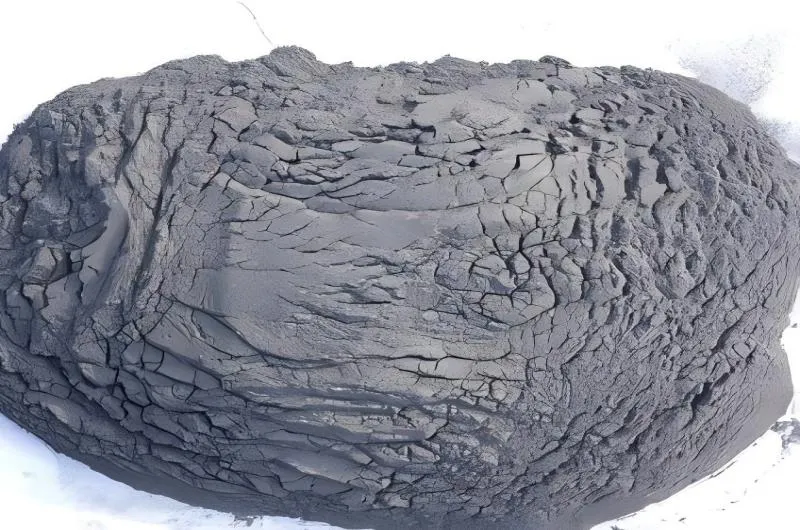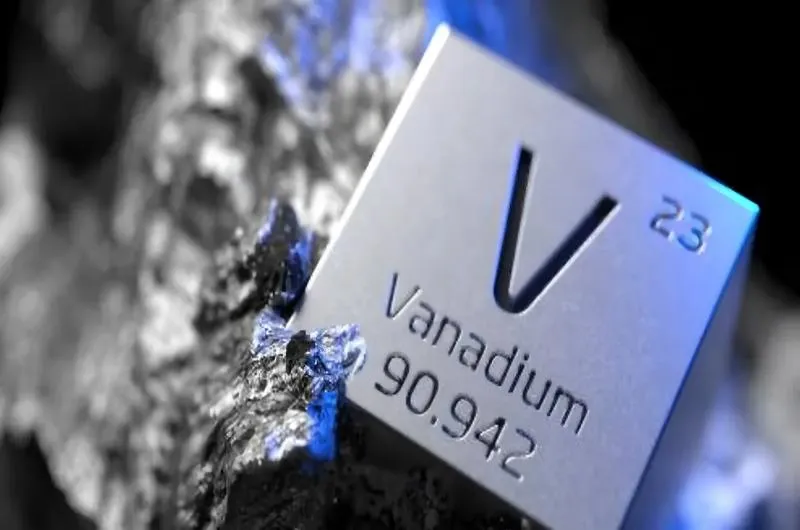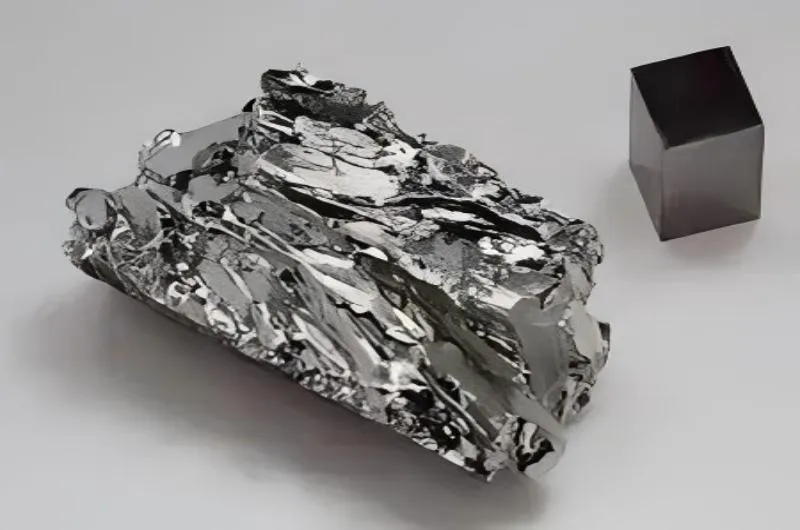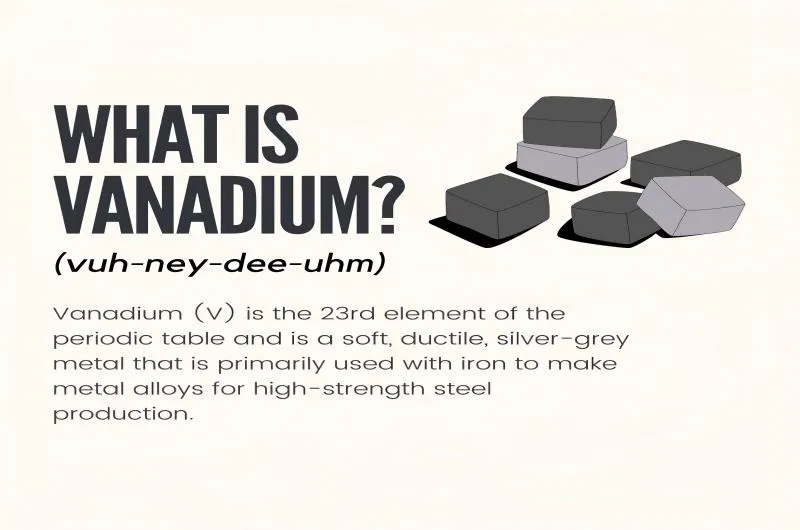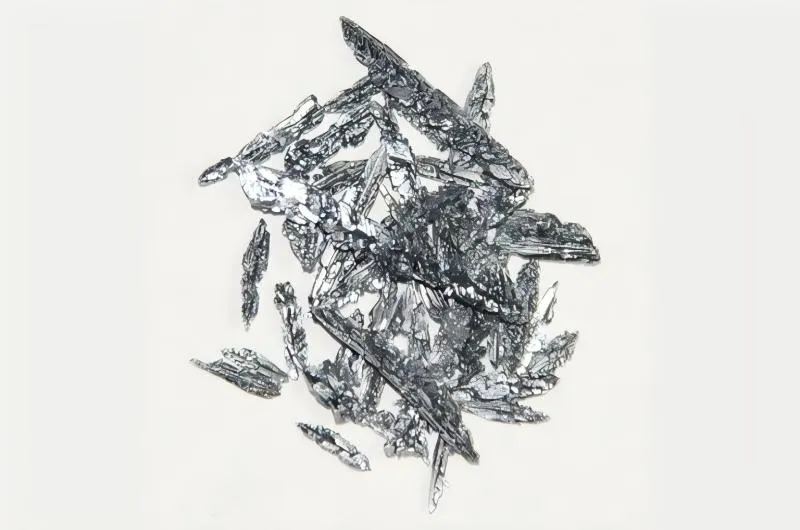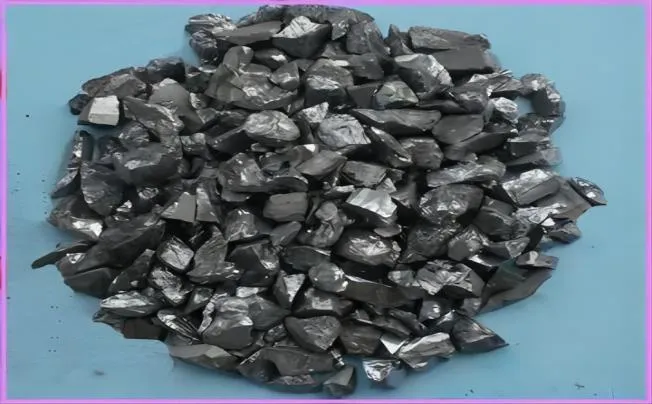BY  GENN
GENN
2024/08
Blog
What Does Silicon Metal Powder Do To Your Body?
Silicon metal powder, a key component in the realm of industry and innovation, is not merely confined to the confines of machines and circuitry. This article ventures into the intriguing interplay between silicon metal powder and the human body, unraveling a narrative that delves beyond its conventional applications.
Definition of Silicon Metal Powder
Silicon metal powder, derived from silicon—a prevalent element in nature—serves as a vital ingredient in various industrial processes. With origins rooted in the Earth’s crust, silicon undergoes metamorphosis to its powdered form through intricate production methods. Widely employed in sectors like electronics, construction, and healthcare, this fine substance possesses remarkable versatility that transcends traditional boundaries.
Wellness Risks of Inhaling Silicon Metal Powder
Breathing in silicon metal powder can present significant health threats, especially to the respiratory system. When inhaled silicon metal powder, can trigger a range of respiratory problems, from mild inflammation to severe lung damage. The most worrying problem connected with breathing in silicon metal powder is silicosis, a persistent lung illness triggered by the breathing of crystalline silica dirt.
Silicosis occurs when inhaled silica fragments embed themselves in the lung cells, causing swelling and scarring. This can lead to signs and symptoms such as persistent coughing, lack of breath, breast pain, and in extreme cases, breathing failure. Silicosis can develop after lasting direct exposure to small quantities of silica or after temporary exposure to large quantities.
Work-related dangers are a considerable concern, especially for employees in industries such as mining, building, and production, where exposure to silicon steel powder is more probable. Companies need to carry out stringent precautions to secure workers. This consists of providing appropriate ventilation, making use of safety devices like respirators, and conducting regular health and wellness tests to detect early signs of lung damage.
Effect on Skin and Hair
Silicon metal powder can have different effects on skin wellness. When the powder comes into call with the skin, it can trigger dry skin and irritability. This reaction is usually a result of the fine fragments’ abrasive nature, which can strip the skin of its natural oils, leading to a harsh and aggravated surface. In work settings, extended exposure without correct protection can aggravate these results, making it important to use protective gear and comply with security standards.
Besides the adverse impacts, silicon plays a useful role in skincare when used properly. Silicon helps in the development of collagen, a healthy protein vital for preserving skin flexibility and suppleness. Because of this, items containing silicon can add to an extra vibrant look by decreasing the indicators of aging, such as wrinkles and fine lines.
The impact of silicon metal powder includes hair health and wellness as well. When it comes to hair wellness, silicon can have both advantageous and damaging results. On the favorable side, silicon can improve the toughness and elasticity of hair, decreasing damage and split ends. This is because silicon aids in the formation of connective cells, which are vital for healthy and balanced hair growth.
Nevertheless, exposure to silicon steel powder in its raw form can lead to unfavorable results. Similar to its effects on the skin, silicon powder can create scalp irritability and dry skin, possibly bringing about problems like dandruff and even loss of hair if the scalp’s health and wellness are compromised in time. For that reason, it is vital to deal with silicon steel powder with care and make use of suitable safety procedures to minimize these threats.
Prospective Side Effects and Safe Usage
While silicon supplements can use countless health benefits, too much intake of silicon metal powder can result in numerous possible negative effects.
Kidney Issues
One of the primary problems with high degrees of silicon consumption is the potential impact on kidney health and wellness. Excessive silicon can cause the formation of kidney rocks, as silicon may be incorporated with other minerals in the kidneys. This can create discomfort, urinary problems, and possibly severe kidney damage if not managed correctly.
Vitamin Deficiencies
Overconsumption of silicon can likewise conflict with the absorption of essential nutrients, specifically thiamine (vitamin B1) and magnesium. This interference can cause deficiencies, which show up in signs such as tiredness, muscular tissue weakness, and neurological concerns. Making certain well-balanced consumption is critical to prevent these deficiencies.
Sugar Level Alterations
Silicon has been shown to influence blood glucose levels. Extreme consumption can result in changes in blood sugar law, which is particularly worrying for individuals with diabetes mellitus or those in danger of creating the problem. Keeping an eye on blood glucose levels and seeking advice from a doctor before starting silicon supplements is suggested.
Impact on Cardiovascular Health
Silicon plays a crucial role in protecting against arterial calcification, a problem where calcium deposits are based on the walls of the arteries. This procedure can cause decreased flexibility and tightened arteries, dramatically boosting the danger of cardio illness such as coronary artery disease (CAD). By hindering the formation of these calcium deposits, silicon aids in maintaining the versatility and function of capillaries.
One of the crucial systems whereby silicon sustains cardiovascular health and wellness is by maintaining blood vessel integrity. Silicon adds to the manufacturing and stabilizing of elastin and collagen, two essential proteins that ensure the structural honesty and flexibility of blood vessels. This is especially vital in protecting against problems like atherosclerosis, where arteries harden and lose their adaptability.
Furthermore, silicon’s function in collagen formation is vital. Collagen offers stamina and assistance to the arterial walls, making them extra resilient to damage and put on with time. This aids in lowering the risk of developing coronary artery disease, which is commonly brought on by the accumulation of plaque and succeeding artery clogs.
The study likewise shows that sufficient silicon intake can assist in managing blood pressure. By ensuring that capillaries continue to be flexible and functional, silicon helps in preserving healthy and balanced high blood pressure levels, consequently minimizing the stress on the heart and reducing the threat of hypertension-related problems.




